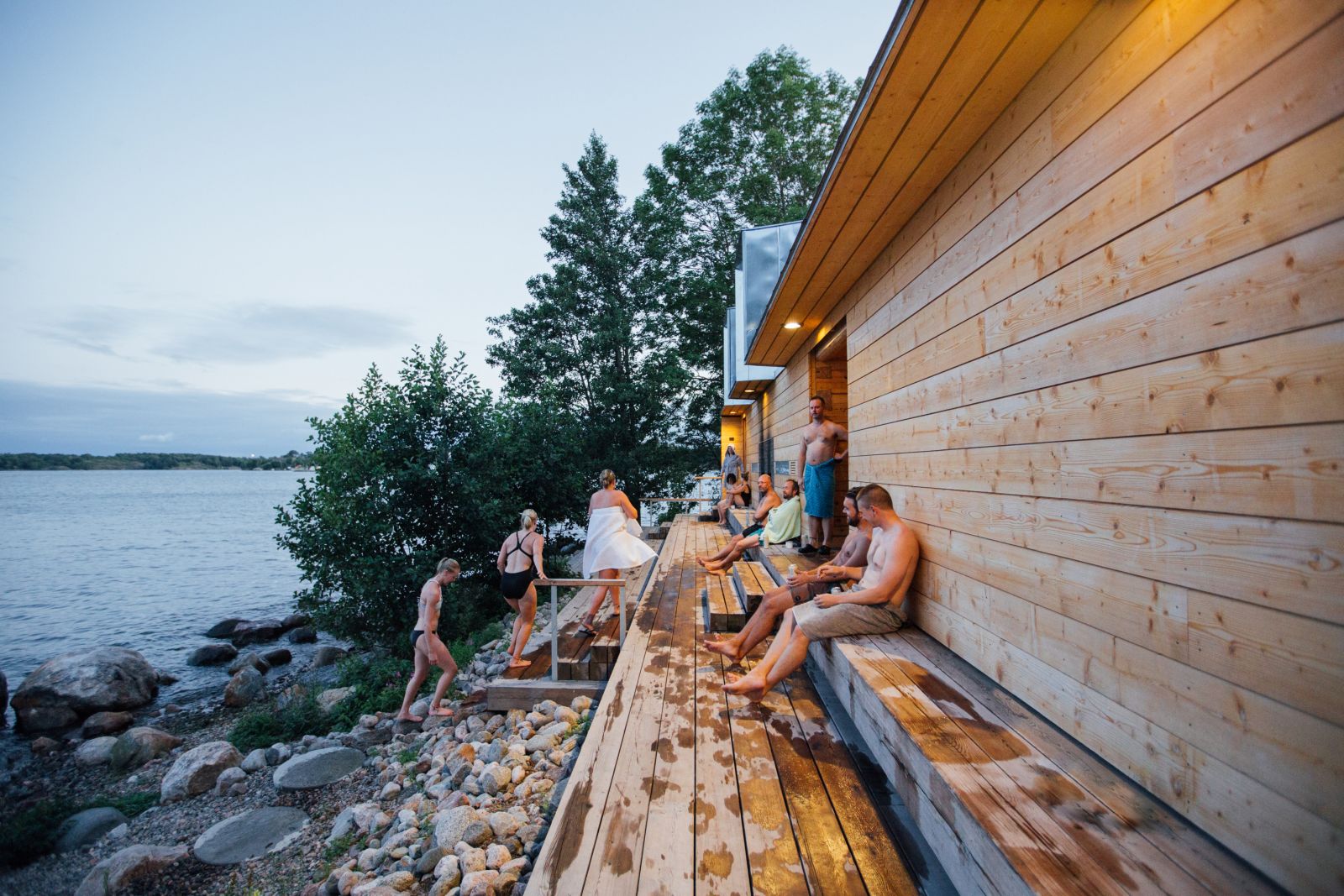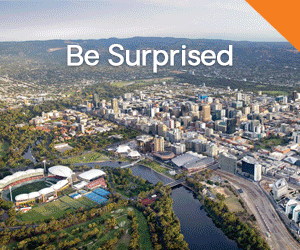Think Sustainably in Helsinki

Ecological thinking is strongly rooted in everyday life in Helsinki, and events can also spur a lot of positive social outcomes there. In line with a strong commitment to decarbonisation, the Finnish capital is launching a global challenge competition, urging innovators to propose game-changing solutions for the future of urban. We asked Vappu Mänty, communications and PR director of Helsinki Marketing, why Helsinki is a perfect test-bed for the world’s megacities.
1) How did your city manage to bring together all businesses, associations and civil society around this sustainable framework?
We believe that in the future, the most pressing global challenges will be solved on a city level. Operating like a city-scale laboratory, Helsinki is eager to experiment with policies and initiatives that would not be possible elsewhere. The city is able to effect change in this way because of its compact size, well-functioning infrastructure and well-developed knowledge-economy cluster.
Helsinki Marketing has a built-in role of being a facilitator between the city organization and the different stakeholders, which gives us a great possibility to engage different actors and to bring common goals from strategic to operational level. An atmosphere that motivates less consumption, construction efforts that consider sustainable development, and ambitious climate aims make Helsinki a model city of sustainable development.
2) What kind of benefits and gains can be freed to your community during a conference in Helsinki nowadays?
Legacy thinking runs deep in the way congresses are organised and has long been something that we strive for. We believe that events here have a responsibility in giving back to the community, by contributing to the environment or connecting with the local community.
Embedding sustainable practices will improve our sustainability performance by minimising the environmental impacts and optimising the social and financial impacts. That’s why Helsinki Marketing created Sustainable Meeting Guidelines to help PCOs make more sustainable choices when organising conferences.
In addition, there are many activities available to enhance the congress experience, such as holding events as a way to raise money for charities. Also, open days and lectures at the congress venue, connecting with local talent and entrepreneurs, are important ways to share initiatives and reach out to the local community.

3) How important were benchmarking tools, collaborative design and inter-city knowledge exchange to outline your city strategy?
The city’s strategy emphasises events and congresses, and after the pandemic, we further highlighted safeness, digitalisation and environmental procedures. It is crucial for the future how to position your destination in the post-corona era. Cities now have a better understanding of winning attributes, and a high level of trust between people and city administration is at the top end of this list.
Functional infrastructure is essential. Investment to well-being in housing, education and care contribute to the overall sense of security. Digital capabilities especially in data collection and analysis offer pathways to a more reliable, fact-based decision-making that promotes trust. We also believe customer behaviour will change radically in post-corona times. We need a stronger reason as to why we travel and visits will be more in line with who we are and what we stand for. In the future, the winners will be those who understand and meet the values of visitors and participants.
Other Articles
About Us
Supported by the Union of International Associations (UIA), the International Association of Professional Congress Organisers (IAPCO) and the Interel Group, the global public affairs and association management consultancy, Headquarters Magazines serve the needs of international associations organising worldwide congresses.














